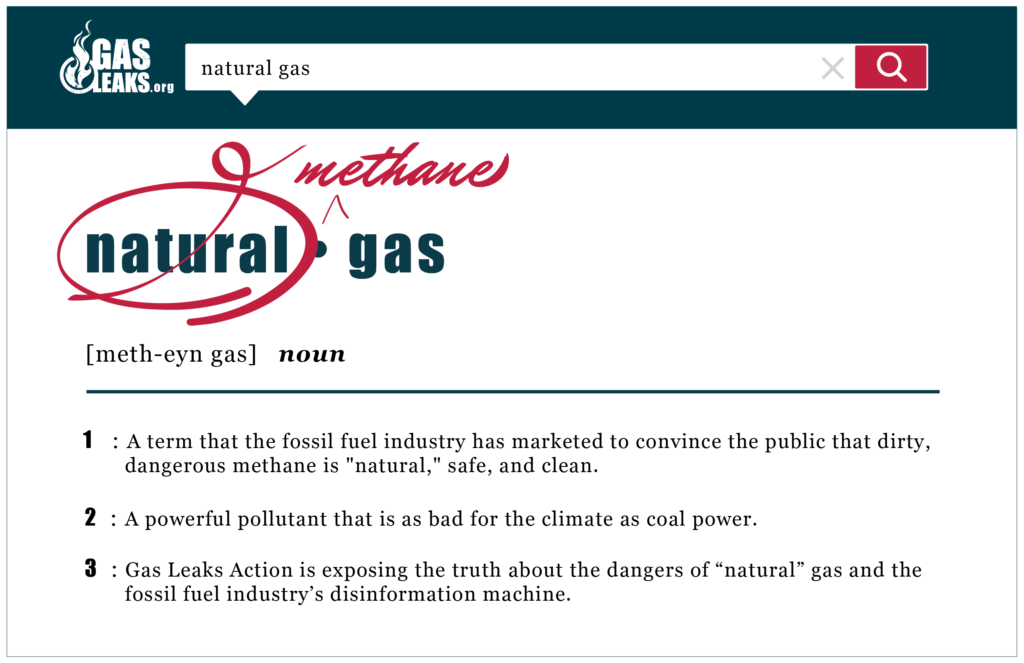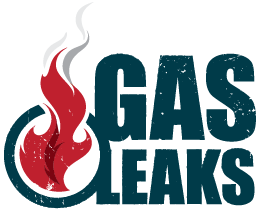
Industrial food manufacturers love to use the word “natural” to describe their products, because it makes junk food like Cheetos sound clean, healthy and organic.
The fossil fuel industry has spent decades using the same kind of marketing trick to mislead the public about the true dangers of “natural” gas.

Sure, the geological process that produce gas over millions of years may be naturally occurring, but there’s nothing “natural” about how we extract, transport and burn gas:
- Gas mostly consists of methane, a climate super pollutant more than 80 times as potent as carbon dioxide that is being found at record levels in the atmosphere.
- Beyond methane, gas includes a wide array of air pollutants. Harvard researchers recently found 21 separate types of hazardous air pollutants in gas samples taken in the Boston area, including cancer-causing benzene.
- Most gas in the United States is produced through fracking, which poisons groundwater and causes earthquakes.
- Gas pipelines routinely leak and explode, killing people and causing hundreds of millions in property damage.
- When it’s burned in our homes, gas creates unhealthy levels of air pollution like nitrogen dioxide. Studies show that nearly 13% of childhood asthma cases nationwide are caused by gas stoves.
A century ago “natural gas” may have meant something. It was used to describe methane gas that was directly extracted from underground, as compared to “town gas” or “coal gas” — methane that was a byproduct of burning coal in industrial boilers.
But even as town gas fell out of use in the 1950s, the fossil fuel industry sunk millions of dollars into marketing efforts to make sure “natural gas” stuck around. For decades, the public has been blanketed with ads calling gas “natural,” “clean” and even “renewable.”
The industry’s “natural” marketing campaign has been shockingly successful, even as scientists increasingly raise alarm about gas’s impacts to public health and climate change. A Climate Nexus poll found that 77 percent of Americans have a favorable view of natural gas, while less than 30 percent approve of methane gas — even though they’re the exact same product.

Words matter. “Natural gas” is industry-sponsored terminology that contributes to public confusion over the true climate, health and safety risks of gas. It’s time to quit doing the fossil fuel industry’s work for them and call it what it is — methane gas.

